Content from the Brookings Institution India Center is now archived. After seven years of an impactful partnership, as of September 11, 2020, Brookings India is now the Centre for Social and Economic Progress, an independent public policy institution based in India.
I recently returned to Delhi after several days at my home in Binsar. Binsar is a remote forest and wildlife sanctuary in the Kumaon hills. It is almost totally cut off. There is no electricity, and although some of us who can afford the upfront capital costs of solar have brought lighting into our homes, the modern accoutrements of connectivity — internet and TV — are generally unreliable. The roads are pitted and narrow and there is no delivery of newspaper or other print information. I have to walk the last half kilometre to my place. I have, in short, been shielded from the cacophony of the plains.
So maybe you can imagine my sinking feeling of déjà vu when I switched on the TV and came face to virtual face with “Lalitgate”. The same anchors, the same profile of panellists, the same noisy and often incomprehensible exchange, and the same subject of political impropriety and corruption that had been the fare for so much of the UPA regime. I could not help but wonder: What has changed since then? Are we now about to experience another bout of paralytic government? Will Parliament once again become a venue for sloganeering?
I am stuck on the horns of a dilemma. I support the media’s efforts to bring to the surface political impropriety and corruption. Yet I worry that the line dividing responsible investigation from vigilantism has got blurred, and that, in its single-minded and at times almost maniacal pursuit of TRP ratings, it crosses this line perhaps without even realising it. And that when it does, it subverts rather than enhances public interest.
Lalitgate is undoubtedly an act of monumental political indiscretion and hubris. I cannot understand why the chief minister of Rajasthan signed an affidavit that is so self-incriminating. Or why the foreign minister risked controversy by putting her weight behind Lalit Modi’s application for travel documents. But equally, I cannot fathom why the personal shenanigans of this man have warranted prime-time TV coverage for over three weeks now. Is this a subject of such unremitting national significance? When Arnab Goswami pronounces that the “nation wants to know”, I wonder what the geography of his “nation” is. It certainly does not cover the villagers in the Himalayan fastness of Uttarakhand. They do not give a whit about Lalit Modi. What they want to know is whether the government they elected to power will deliver on its promises. What they want is for Goswami and his ilk to use their investigative powers to keep the government on track for such delivery.
I understand the importance of investigative journalism. I am glad news of Lalitgate was broken and I am also glad that, because of intensive coverage, there is no way it can be swept under the carpet. But I do believe that by continuing to provide Lalit Modi a public conduit to tweet his personal vendettas, the media is distracting public attention from matters of far greater significance.
We need to remind ourselves that barely 15 months back, the economy was on the skids. Growth had slipped to 5 per cent and inflation was running at 10 per cent-plus. Although the then finance minister, P. Chidambaram, had successfully clamped the brakes and the fiscal and current account deficit numbers were trending in the right direction, the finances of the government were not robust. The corporate sector was also moribund. Public and private investment had slowed from around 36 per cent of GDP in 2010 to below 30 per cent, and the incremental capital output ratio (a measure of efficiency) had increased from 4:5 to over 6. The latter was because of poor infrastructure, rising input costs, bureaucratic paralysis and the disconnect between political and economic governance. The national mood was despondent.
A year into the new government, no one can claim that all is well but most will admit that the damage has been substantially repaired. Food inflation has been brought under control; the quality of expenditure has improved; coal production is now showing double-digit growth; several projects have been unclogged from the maze of bureaucracy; and there is renewed vigour in public sector investment, especially for the railways. Also, many good ideas conceptualised by the previous government but not implemented, like the goods and services tax and the direct benefit transfer, remain firmly on the policy anvil.
The question is whether the government will be able to continue with this repair job and place the economy back on the high-growth trajectory. Will it be able to garner the political support to take the next steps? This question needs to be asked because the economic imperatives to keep moving are huge. There are the systemic problems of unemployment, poor quality education, mismatched skills, inadequate health facilities and crummy infrastructure. But over and above that there is the issue of undercapitalised public sector banks, tepid credit offtake and a still cautious private sector. Credit rating agency Moody’s has once again raised a flag of forewarning. A policy stall at this stage could reverse the gains made in the past year and foreclose an early return to sustained growth.
Against this economic backdrop, the media should reflect on whether, in its singleminded drive to maximise TRPs, it is in fact subserving the hopes of the millions who voted for a change of government last year. This is not to suggest that the media ignore its commercial interests. It must chase news that draws public attention, and it is understandable why it focuses on politics. It offers rich pickings. This is to suggest simply that it stay on this side of the line and not arrogate to itself the role of judge and jury of proper political conduct. We have courts of law and the electoral commission. It is for them to determine if an elected leader has crossed the bounds of legality and if so, what the sanction ought to be. This is to suggest that the media not become an accomplice of those who want to hold public governance hostage to narrow private agendas.
This column first appeared in The Indian Express, on July 7th, 2015. Like other products of the Brookings Institution India Center, this is intended to contribute to discussion and stimulate debate on important issues. The views are those of the author.
The Brookings Institution is committed to quality, independence, and impact.
We are supported by a diverse array of funders. In line with our values and policies, each Brookings publication represents the sole views of its author(s).
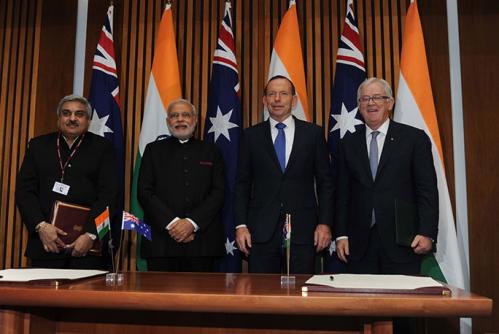
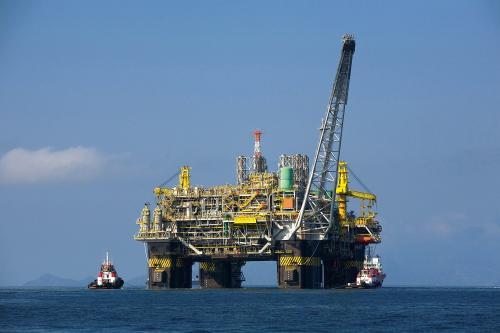
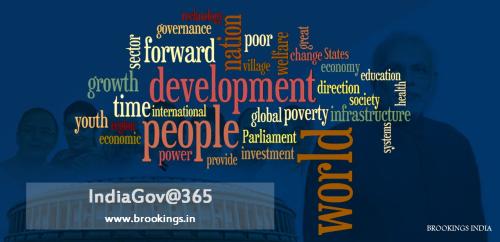
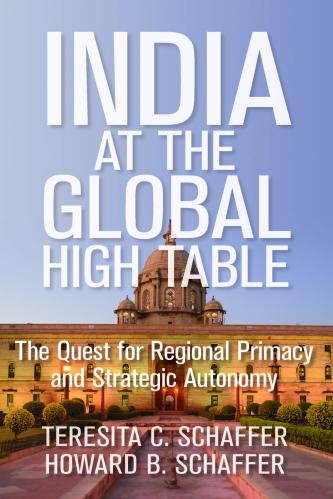
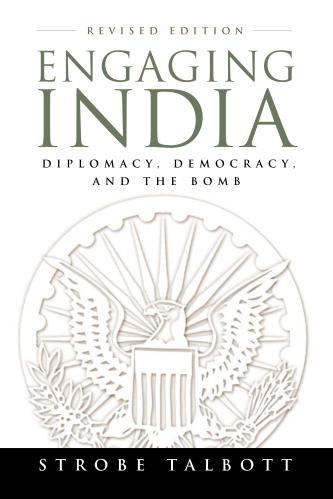
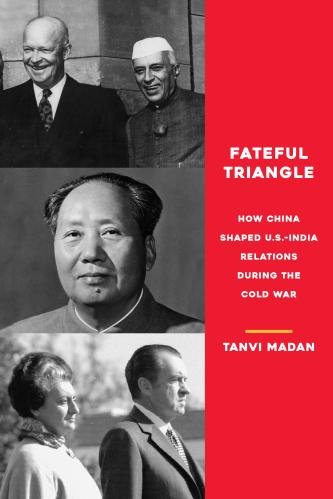
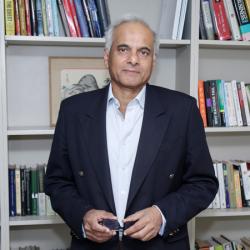



Commentary
Op-edThe art of distraction
THE INDIAN EXPRESS
July 7, 2015